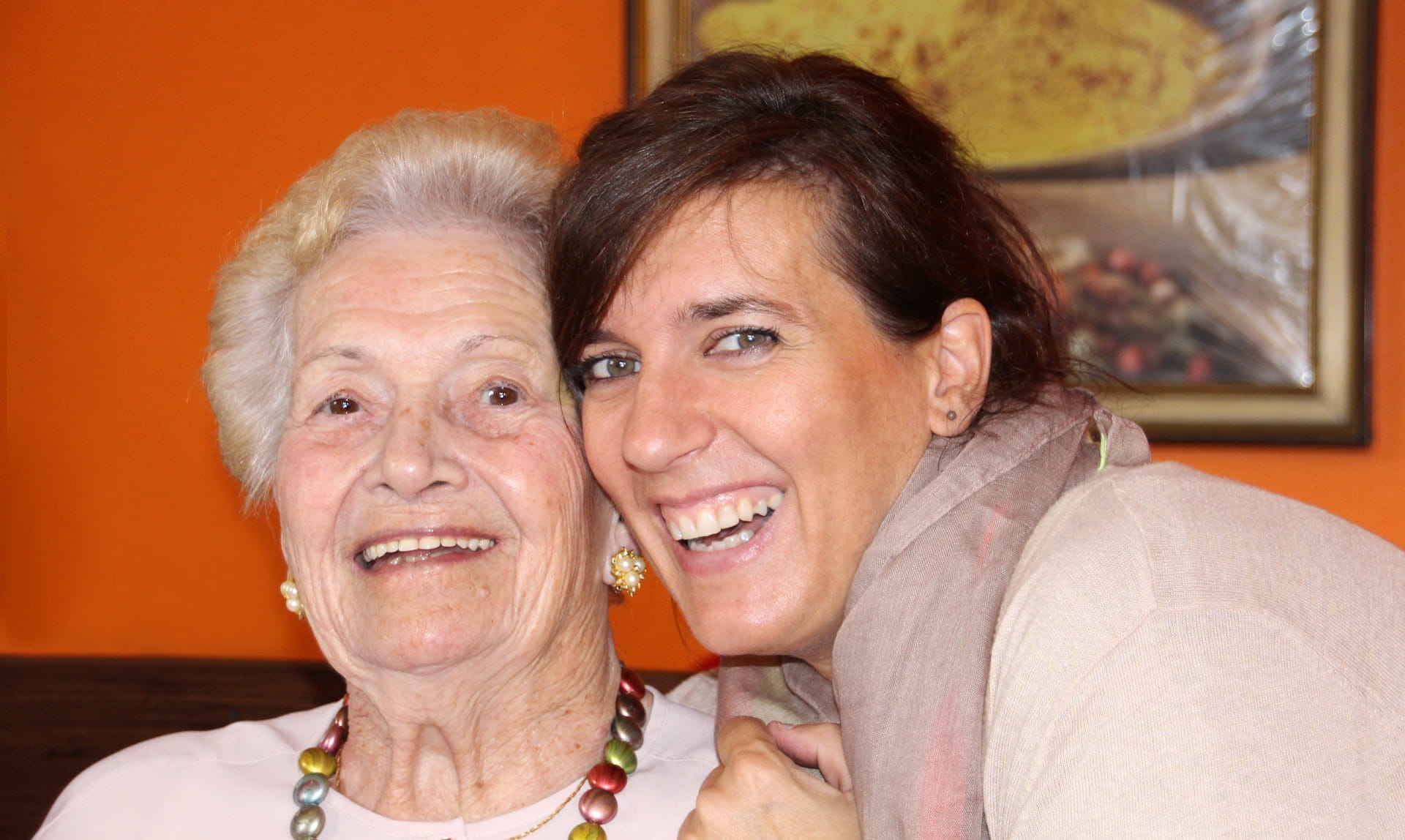“It can be easy to think that what you’re doing is part of what you’re meant to be doing and you might not realise the impact it’s having on you. It might be impacting you socially, with your health, your relationships with other people or other areas of your life.”—Melissa Simcoe, Program Manager, Australian Unity.
Key points
- The demanding role of a carer can take an emotional toll.
- It’s understandable that your focus may be on the person you’re caring for, however it’s also important to consider your own needs
- If you’re having difficulty, it’s important to contact the National Carers Association or your state’s carers’ organisation to seek advice.
Caring for a loved one can be a rewarding role, particularly when support is on hand for the carer.

Practical support
Carers are better off when there’s back up alongside them.
Financial support, asking friends and family members to help out, attending a local support group – these are some of the types of support available.
Carlos Latorre, an Australian Unity Home Care Worker, believes that one piece of the puzzle that’s often overlooked is information on how to go about the day-to-day care tasks.
“Some unpaid carers need training and more information about how to do the practical things they need to do,” Carlos says. You can see a professional care worker or your states’ carer’s organisation for information that suits your circumstances.
Emotional support
The demanding role of a carer can take an emotional toll.
“As a first point, it’s important to acknowledge if you’re struggling to provide care for your family member, friend, partner,” says Melissa Simcoe, Program Manager at Australian Unity.
“It can be easy to think that what you’re doing is part of what you’re meant to be doing and you might not realise the impact it’s having on you. It might be impacting you socially, with your health, your relationships with other people or other areas of your life.”
It’s understandable that your focus may be on the person you’re caring for, however it’s also important to consider your own needs. Looking after your own physical and mental health can help to reduce the risk of burnout and stress.
This can be as simple as using the StressLess app, which has been proven to reduce carers’ stress and increase their wellbeing.
And if you’re having difficulty, it’s important to contact the National Carers Association or your state’s carers’ organisation to seek advice.
Paid care support
Carlos has been in a paid support role for almost 30 years, and sees the difference that having a care worker makes to unpaid carers.
“Getting a care worker in gives people a break, because it can get too much for them otherwise,” he says. “If I’m there for two or three hours in the morning, it’s a break for them, especially when you’re caring for people with high needs. The carer can forget about their worries for a couple of hours.
“The unpaid carers get to you know and trust you, and you become part of the family.”
Australian Unity’s Home and Disability Services can make the world of difference to you as a carer.
Disclaimer: Information provided in this article is of a general nature. Australian Unity accepts no responsibility for the accuracy of any of the opinions, advice, representations or information contained in this publication. Readers should rely on their own advice and enquiries in making decisions affecting their own health, wellbeing or interest. Interviewee names and titles were accurate at the time of writing.


